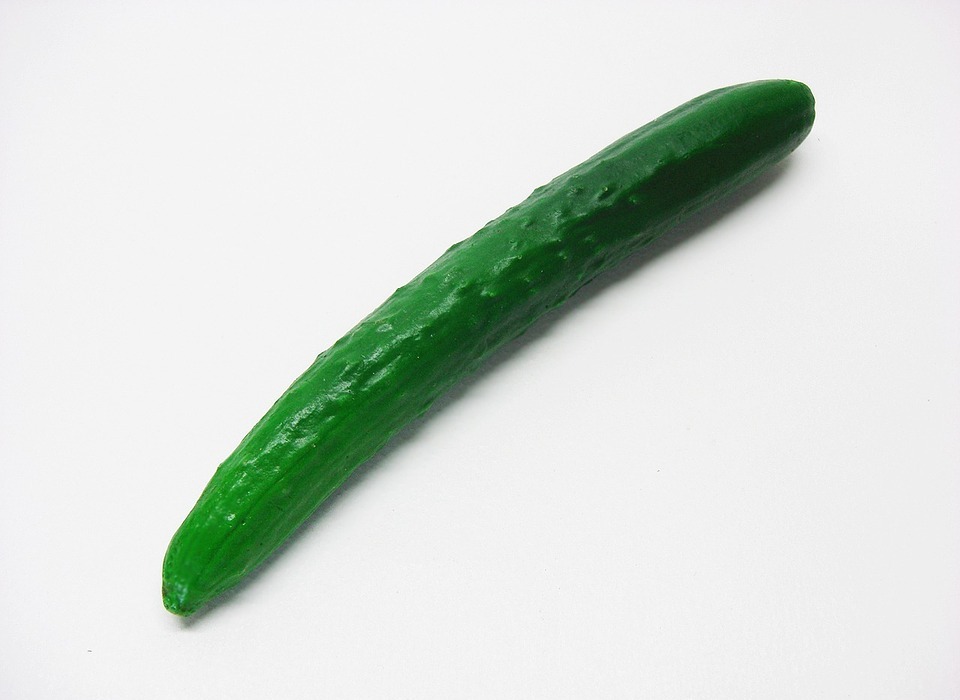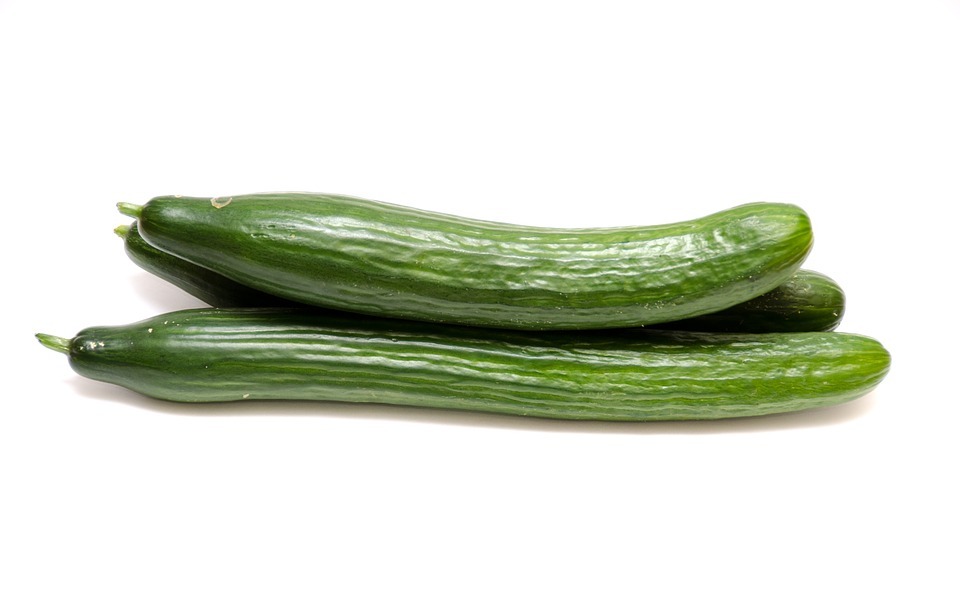This article explores the safety and nutritional value of cucumbers as a snack for rabbits. It provides a comprehensive guide to responsible cucumber feeding, addressing potential risks, and offering alternative healthy treats.
Part 1: Understanding Rabbit Nutrition

1.1. The Importance of a Balanced Diet
Rabbits are herbivores with specific dietary needs. Their diet should consist primarily of high-quality hay, supplemented with fresh greens, a small amount of pellets, and occasional treats.
1.2. Hay: The Foundation of a Healthy Diet
Hay provides essential fibre, which is crucial for maintaining a healthy digestive system. Rabbits should have access to unlimited hay throughout the day. Timothy hay is an excellent choice for adult rabbits, while alfalfa hay is typically recommended for growing kits.
1.3. Fresh Greens: Essential Nutrients
Fresh greens provide vitamins, minerals, and additional fibre. Good choices include romaine lettuce, parsley, cilantro, and dandelion greens. However, be mindful of oxalates in some greens, such as spinach and kale, which can be harmful in large quantities.
1.4. Pellets: A Supplemental Food
Pellets can provide additional nutrients, but should be offered in limited quantities to avoid obesity. Choose a high-quality pellet designed for rabbits, free from artificial colours, flavours, and preservatives.
1.5. Treats: Enjoy in Moderation
Treats should be given sparingly and should not replace essential dietary components. Safe treats include small amounts of fresh fruits, vegetables, and herbs.
Part 2: The Nutritional Value of Cucumbers

2.1. A Low-Calorie, High-Water Content Snack
Cucumbers are primarily water, offering a refreshing and low-calorie treat for rabbits. Their high water content can also help to maintain hydration, especially during warmer weather.
2.2. Vitamins and Minerals Present in Cucumbers
While cucumbers are primarily water, they do offer a small amount of vitamins and minerals, including:
- Vitamin K: Essential for blood clotting and bone health.
- Vitamin C: An antioxidant that supports immune function. However, rabbits produce their own Vitamin C, so it's not essential to supplement.
- Potassium: Essential for maintaining healthy blood pressure.
- Magnesium: Contributes to muscle and nerve function.
- Silicon: Plays a role in connective tissue health.
2.3. Dietary Fibre in Cucumbers
Cucumbers contain a limited amount of dietary fibre, contributing a small amount to digestive health. However, rabbits' primary source of fibre should come from hay, which is essential for their gut health and well-being.
Part 3: Are Cucumbers Safe for Rabbits?
3.1. The Verdict: Moderation is Key
Cucumbers can be a safe treat for rabbits in moderation, offering a refreshing and hydrating snack. However, they should not be a primary food source and should be introduced carefully.
3.2. Potential Risks of Excess Cucumber Consumption
While cucumbers are generally safe, overconsumption can lead to potential health issues:
- Digestive Upset: The high water content can cause diarrhoea, especially if your rabbit is not used to them.
- Nutritional Imbalance: Cucumbers should not replace essential dietary components like hay, greens, and pellets. They are a treat, not a staple food.
- Individual Sensitivity: Some rabbits may have individual sensitivities to components in cucumbers, leading to digestive issues or allergic reactions. Always monitor your rabbit after introducing any new food.
Part 4: Introducing Cucumbers Safely
4.1. Start with Small Amounts
Introduce cucumbers gradually, starting with a tiny slice or a few small pieces. Observe your rabbit's reaction over the next 24 hours, paying attention to their appetite, stool consistency, and overall behaviour.
4.2. Choose Fresh, Organic Cucumbers
Opt for fresh, organic cucumbers whenever possible, as they are less likely to contain harmful pesticides or chemicals. Avoid cucumbers that are bruised, discoloured, or have a strong odour.
4.3. Remove Seeds and Skin
The seeds and skin of cucumbers contain higher concentrations of certain compounds that can be difficult for rabbits to digest. Removing them before offering cucumbers is best.
4.4. Offer as a Treat, Not a Meal
Cucumbers should be given as an occasional treat, not as a staple part of your rabbit's diet. Remember, hay should form the foundation of their diet, followed by fresh greens and a small amount of pellets.
4.5. Observe for Any Adverse Reactions
Always monitor your rabbit's reaction after introducing cucumbers. If you notice any signs of digestive upset, such as diarrhoea, lethargy, or loss of appetite, stop offering cucumbers immediately and consult with your vet.
Part 5: Alternatives to Cucumbers
While cucumbers can be a refreshing treat, many other safe and nutritious options can offer variety to your rabbit's diet:
- Bell peppers: A good source of vitamin C and fibre, but offer in moderation.
- Basil: A fragrant herb that can add variety to your rabbit's diet.
- Parsley: Rich in vitamins A, C, and K.
- Cilantro: Can be offered in small amounts, but some rabbits may be sensitive.
- Spinach: A good source of vitamin K, but offer in moderation due to its high oxalate content.
- Banana: A good source of potassium, but offer in small amounts.
- Strawberries: A good source of vitamin C, but offer in moderation due to their sugar content.
Part 6: Frequently Asked Questions (FAQs)
6.1. Can Baby Rabbits Eat Cucumbers?
It's best to avoid giving cucumbers to baby rabbits under 12 weeks old. Their digestive systems are still developing, and cucumbers can potentially cause digestive upset.
6.2. How Often Can I Give My Rabbit Cucumbers?
Cucumbers should be offered as a treat, no more than 1-2 times per week. Ensure you're only giving a small amount each time, no more than a couple of slices.
6.3. Can I Give My Rabbit Cucumber Peels?
It's best to avoid giving cucumber peels to your rabbit. The skin is more difficult to digest and can potentially cause digestive problems.
6.4. Are Pickled Cucumbers Safe for Rabbits?
No, pickled cucumbers are not safe for rabbits. They are often preserved with vinegar and salt, which are harmful to rabbits.
6.5. Can I Give My Rabbit Cucumber Rinds?
Cucumber rinds are generally not recommended for rabbits. They can be difficult to digest and may contain pesticides or other chemicals that can harm your rabbit.
6.6. What if My Rabbit Has Diarrhoea After Eating Cucumbers?
If your rabbit develops diarrhoea after eating cucumbers, stop offering them immediately and monitor their condition. If the diarrhoea persists or worsens, consult with your vet.
Part 7: Conclusion
While cucumbers can be a safe and refreshing treat for rabbits in moderation, it's essential to offer them responsibly. Always introduce new foods gradually, monitor your rabbit's reaction, and ensure that cucumbers are just a small part of a balanced diet. By following these guidelines, you can enjoy offering your furry friend a tasty treat without compromising their health and well-being.
Everyone is watching
-

Do Rabbits Lay Eggs? (The Surprising Truth)
OTHER TYPES OF PETSThis article will unravel the common misconception that rabbits lay eggs, exploring the fascinating world of r...
-

Can Rabbits Eat Grapes? A Guide to Safe Rabbit Treats
OTHER TYPES OF PETSThis comprehensive guide will explore the safety and suitability of grapes for rabbits, providing detailed inf...
-

What's a Group of Rabbits Called? (A Comprehensive Guide)
OTHER TYPES OF PETSThis article delves into the fascinating world of rabbits, exploring the various terms used to describe a grou...
-

Predators That Hunt Rabbits: A Guide to Natural Enemies
OTHER TYPES OF PETSI've always been fascinated by the circle of life, that delicate dance between predator and prey. Growing up ...
-

Are Rabbits Nocturnal Animals?
OTHER TYPES OF PETSThe question of whether rabbits are nocturnal animals is a fascinating one, with a surprisingly complex answer...
